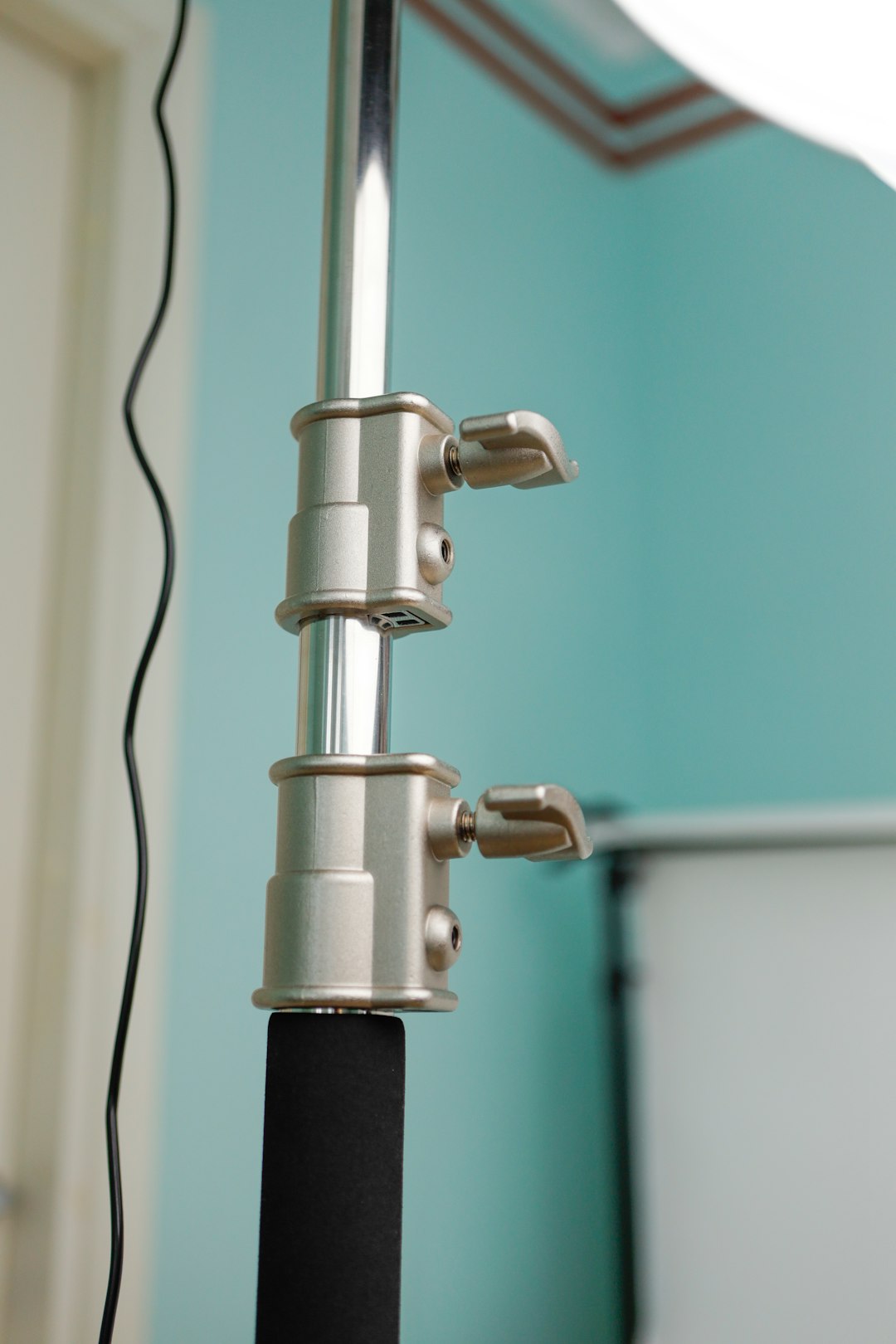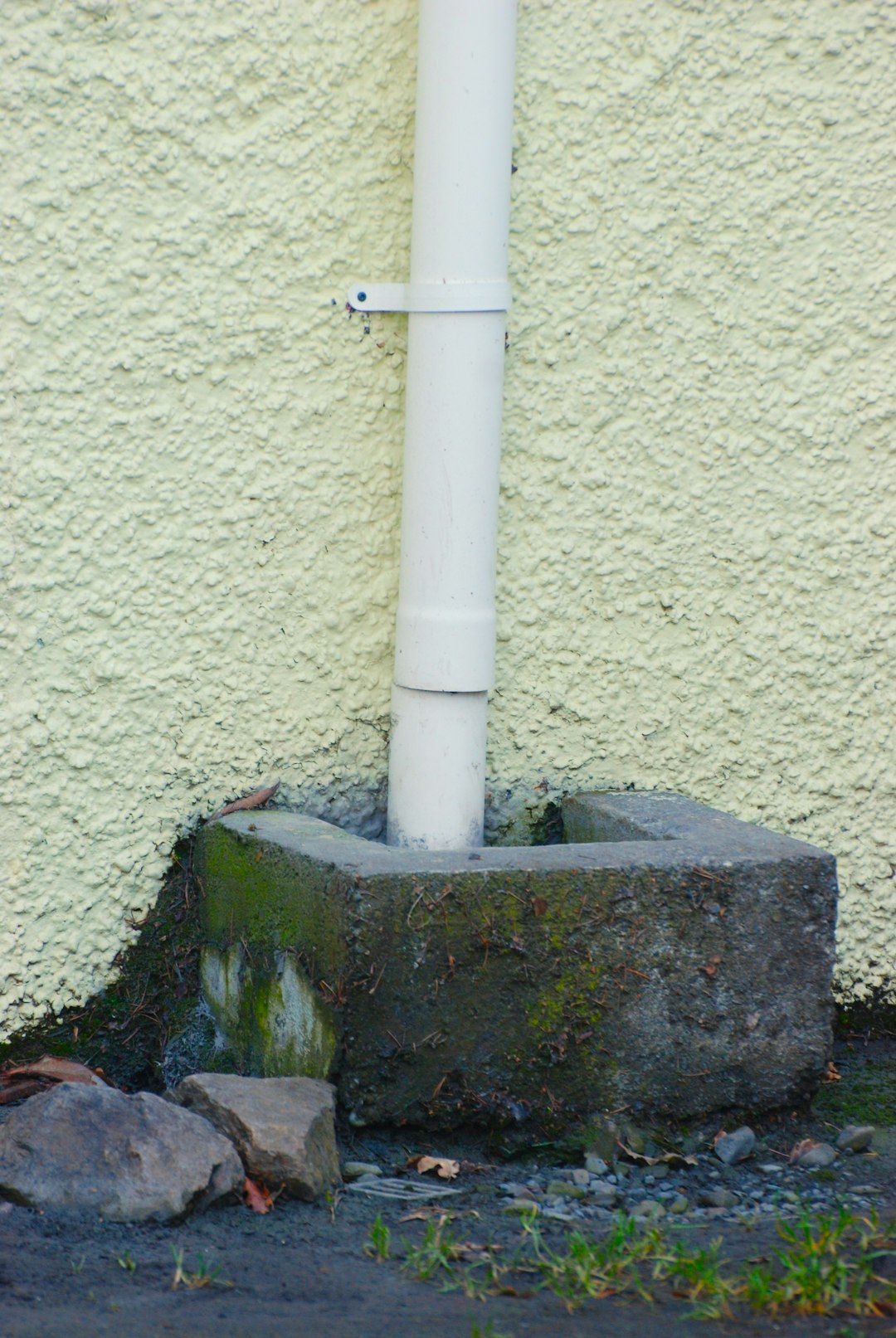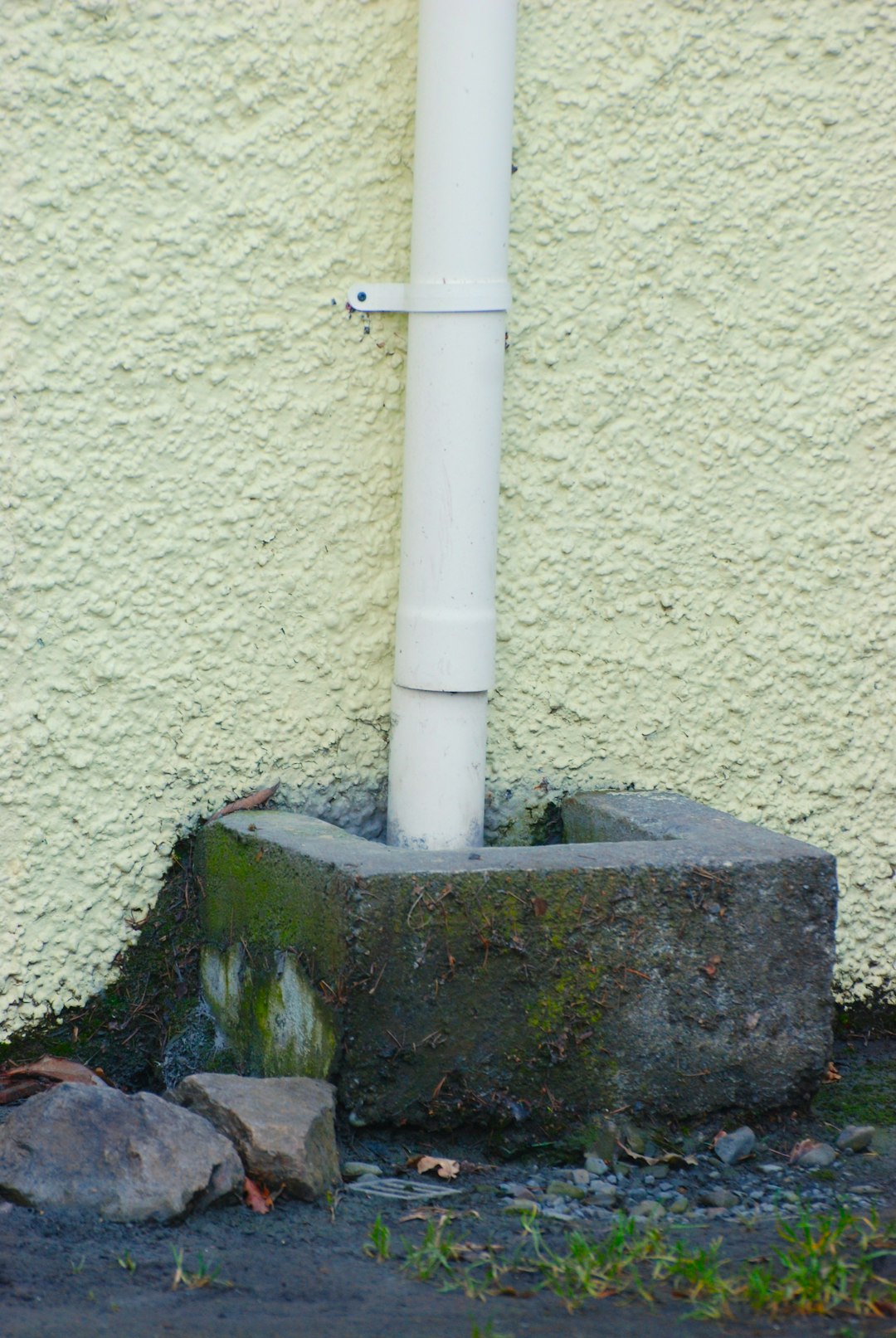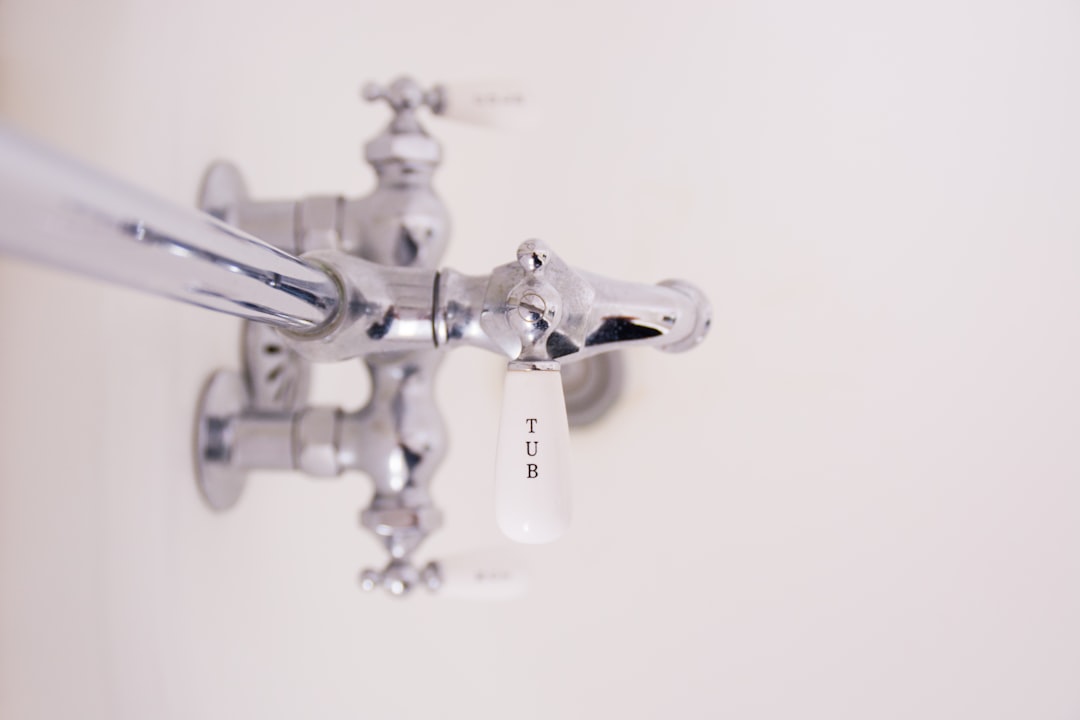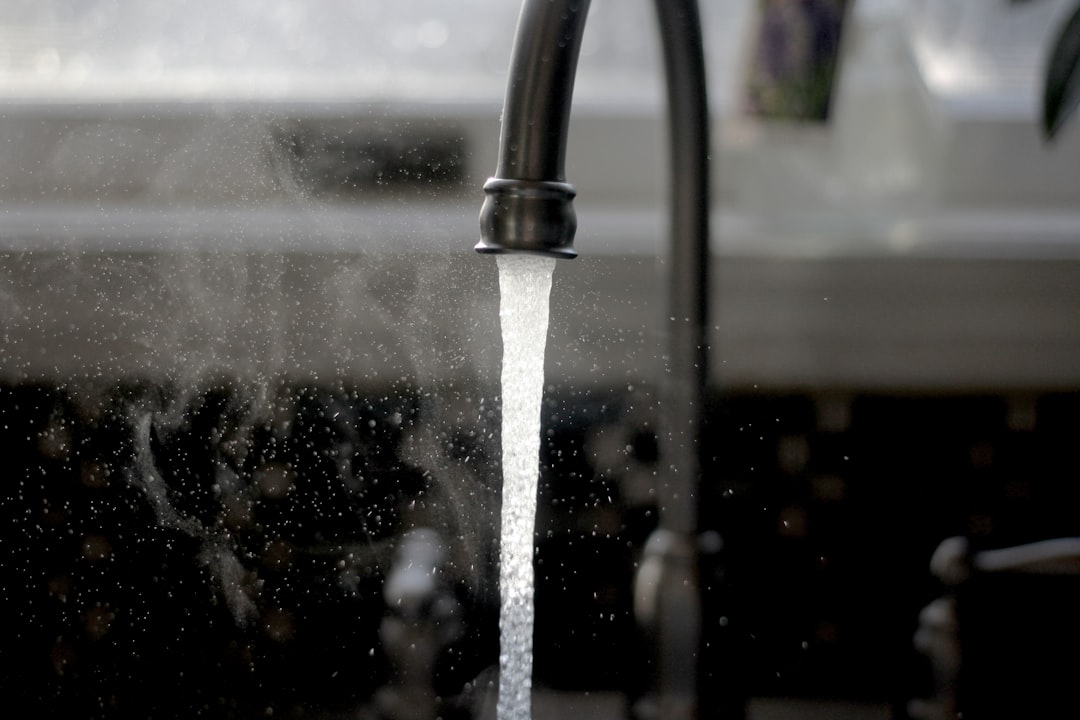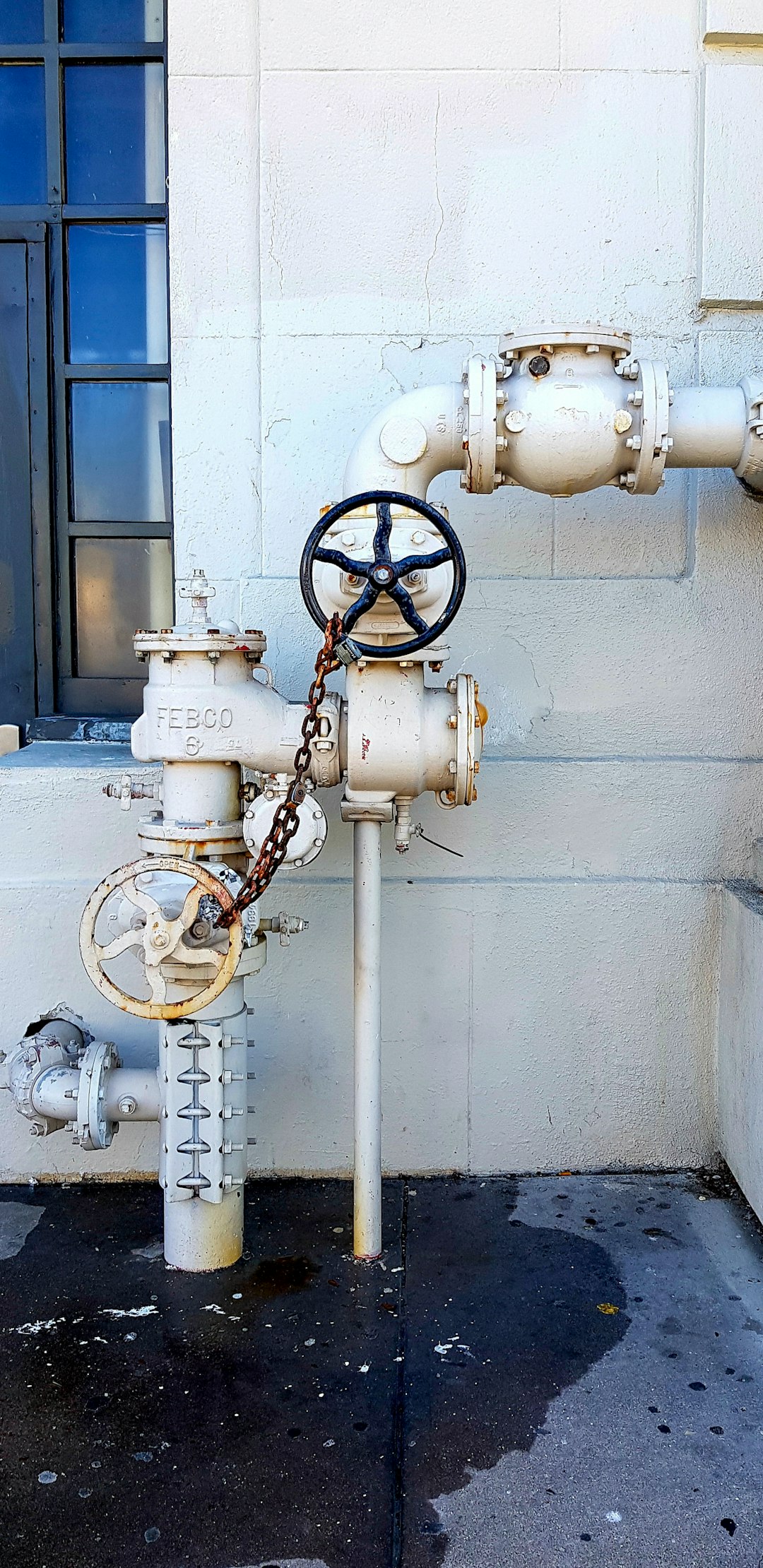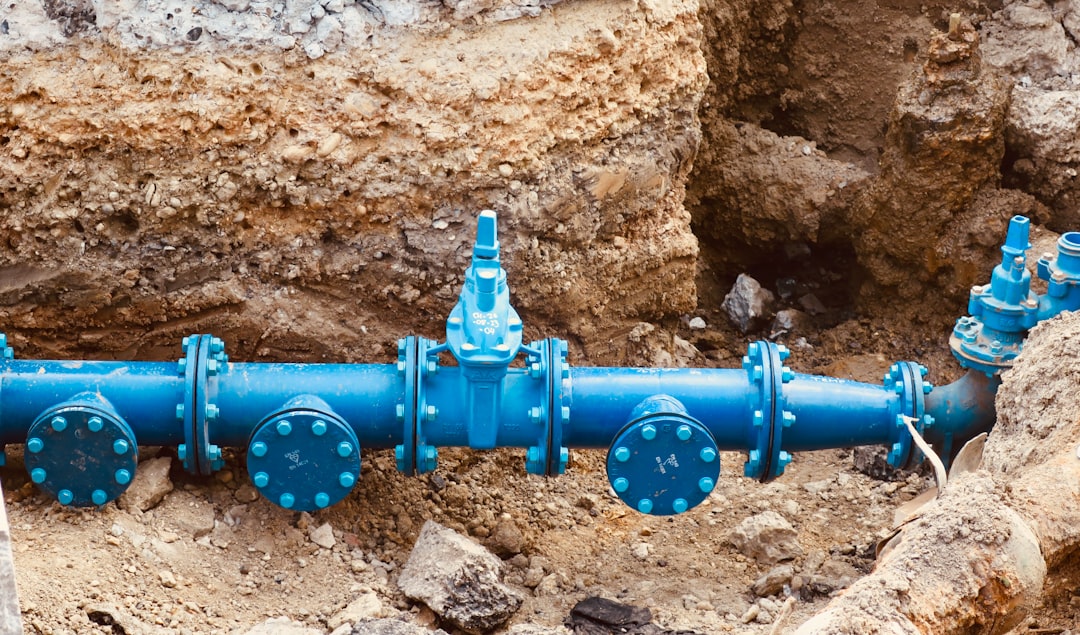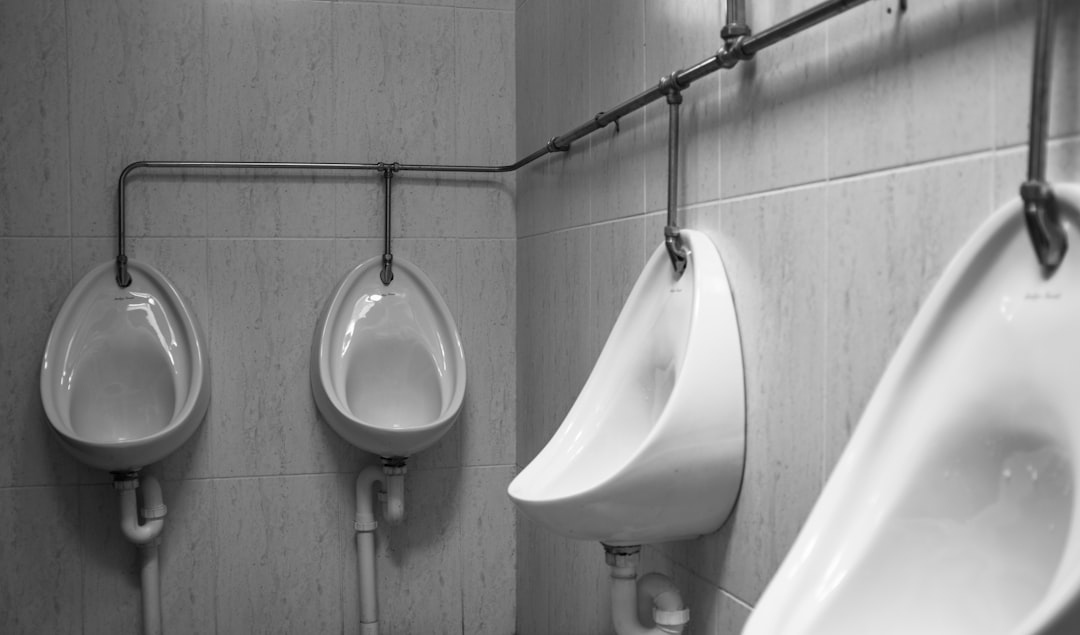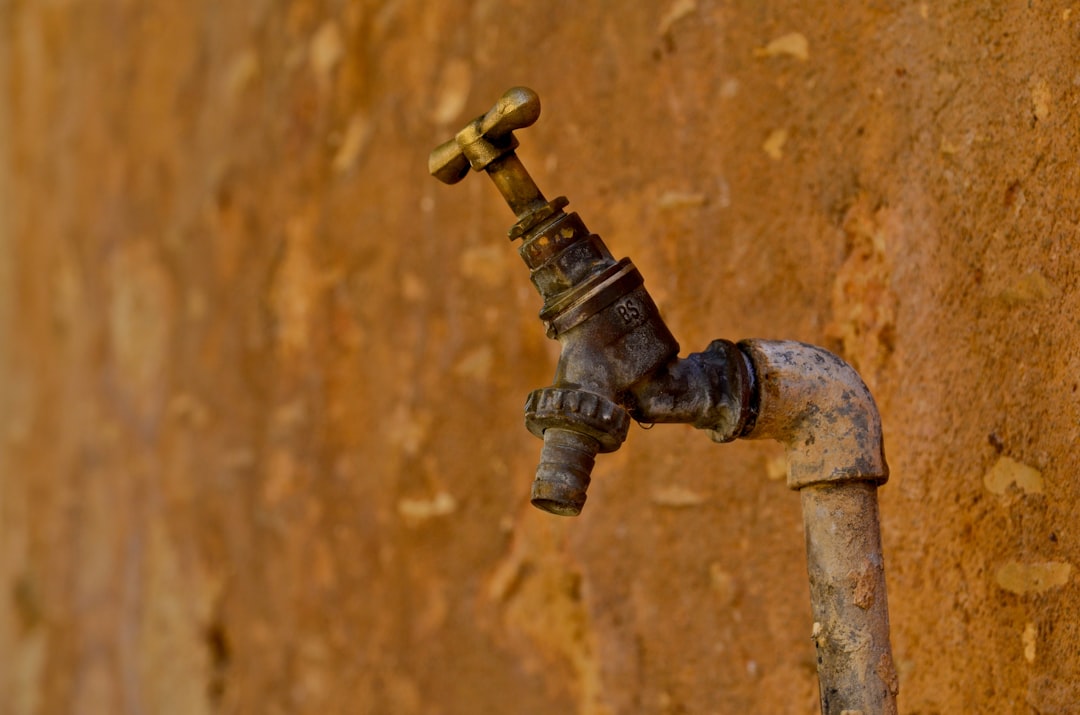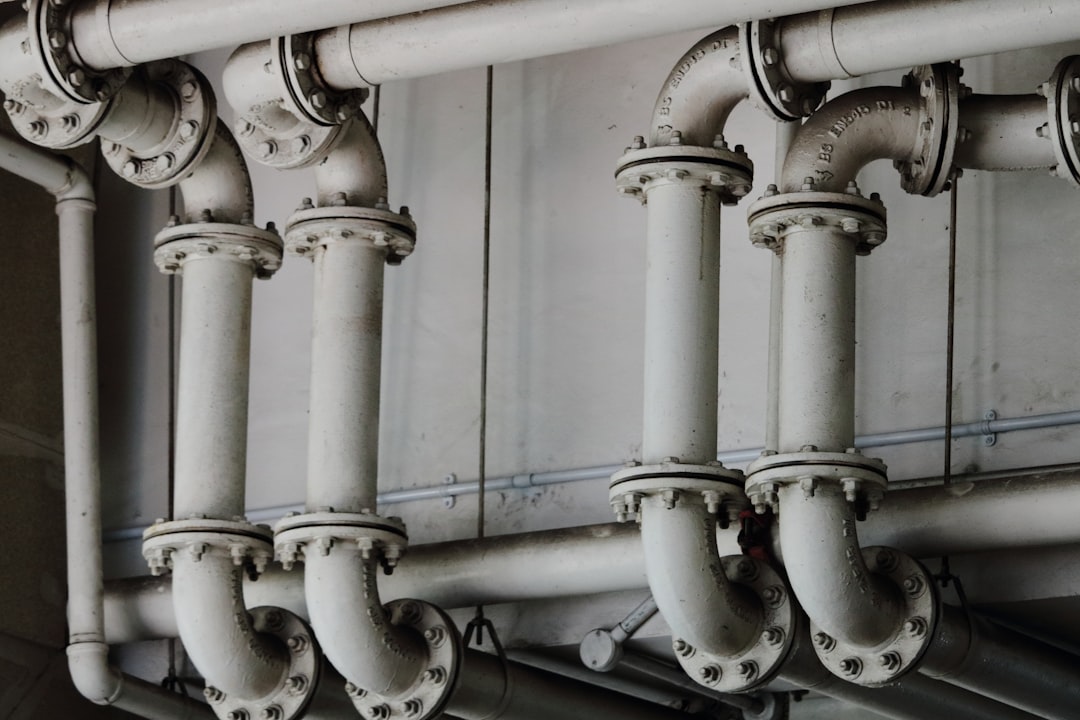Table of Contents
- Introduction
- Initial assessment of the drain condition and blockage type
- Preparation of hydro jetting equipment and safety protocol
- Insertion of the hydro jetting nozzle into the drain
- Application of high-pressure water to clear the blockage
- Inspection of the drain after hydro jetting using a plumbing camera
- Cleansing of the drain line using additional hydro jetting if needed
- Final assessment and recommendations for plumbing maintenance
- Documentation of the service and any necessary follow-up actions
- Conclusion
- Frequently Asked Questions
Introduction
Is your kitchen sink gurgling like a monster or your bathroom drain slowing down to a crawl? It might be time to consider hydro jetting, a powerful technique that promises to blast away stubborn clogs and restore your pipes to their former glory.
In this comprehensive guide, we will unveil the secrets behind hydro jetting—an eco-friendly approach that utilizes high-pressure water jets to clear debris and buildup in your plumbing system. Say goodbye to harsh chemicals and hello to a safer, more effective solution that not only addresses current issues but also helps prevent future blockages.
Whether you’re a DIY enthusiast or simply looking to understand how professionals tackle drain problems, our step-by-step instructions will equip you with everything you need to know. Let’s embark on this journey to unclogging your drains and bringing life back to your plumbing! Don’t let clogs disrupt your daily routine—read on to become your own hero in the world of plumbing!
Initial assessment of the drain condition and blockage type
The initial assessment of the drain condition and blockage type is a crucial first step in the hydro jetting process. This evaluation typically begins with a thorough inspection of the drainage system using specialized equipment, such as a video camera. This allows professionals to capture real-time footage of the interior of the pipes, helping to identify the type and extent of the blockage, whether it is caused by grease buildup, tree roots, or foreign objects.
During this stage, the technician will also assess the overall condition of the pipes, looking for any signs of damage, corrosion, or deterioration that may impact the effectiveness of hydro jetting. Understanding the material of the pipes is essential, as different materials may require different approaches or pressures during the hydro jetting process.
By accurately diagnosing the issue at this early stage, the technician can ensure that the hydro jetting method is tailored to the specific needs of the drain system, leading to a more effective cleaning and minimizing potential damage.
Preparation of hydro jetting equipment and safety protocol
Preparing for hydro jetting involves several crucial steps, ensuring both the equipment is ready and safety protocols are in place. First, inspect the hydro jetting machine, checking for any damage or wear on hoses and nozzles. It is essential to keep the machinery well-maintained for optimal performance. Ensure that the correct nozzle is selected based on the type of blockage being addressed.
Next, wear appropriate safety gear, including gloves, goggles, and hearing protection, as the process can produce loud noise and high-pressure water jets. Establish a clear work area and inform others nearby about the operation to avoid accidents. Additionally, inspect the drainage system for any potential weaknesses that may be exacerbated by high-pressure water. This step helps in mitigating risks associated with sudden bursts or leaks.
Finally, conduct an initial assessment of the drainage issues with a camera inspection if possible. This helps identify specific problems and allows for targeted treatment, facilitating a more effective hydro jetting process.
Insertion of the hydro jetting nozzle into the drain
The insertion of the hydro jetting nozzle into the drain is a critical step in the hydro jetting process. Initially, a professional plumber will assess the condition of the drain line to determine the best approach for cleaning. Once the assessment is complete, the plumber will select a suitable nozzle designed for the specific type of blockage being addressed.
After selecting the nozzle, the plumber will insert it into the access point of the drain. This access point is often a cleanout or a point where debris has been identified. Using a high-pressure hose, the plumber will maneuver the nozzle into the drain line. The length of the hose allows for flexibility in reaching various bends and curves within the piping system.
The nozzle is equipped with multiple jets that are angled to effectively remove buildup and debris from the pipe walls. As the plumber pushes the nozzle further into the drain, they can adjust the water pressure and angle of the jets to optimize cleaning efficiency. This careful and precise insertion is essential for achieving optimal results.
Application of high-pressure water to clear the blockage
The application of high-pressure water to clear blockages is a highly effective technique known as hydro jetting. This method involves using specialized equipment that generates a powerful stream of water, typically ranging from 1,500 to 4,000 PSI. The high-pressure water is directed through a flexible hose equipped with a nozzle, which is inserted into the drain or sewer line to reach the blockage.
As the water jets out, it dislodges obstructions such as grease, tree roots, and debris that may have accumulated over time. The pressure is strong enough to break apart tough materials, allowing the waste to flow smoothly through the pipes once again. Unlike traditional snaking methods, hydro jetting not only clears the immediate blockage but also cleans the walls of the pipes, reducing the chances of future clogs.
Hydro jetting is suitable for various types of drainage systems, including residential, commercial, and industrial settings. The method is environmentally friendly, as it uses only water to clear blockages without the need for harsh chemicals. This makes it a safe and effective option for maintaining the health of your plumbing system.
Inspection of the drain after hydro jetting using a plumbing camera
After hydro jetting a drain, it is crucial to conduct an inspection using a plumbing camera. This step ensures that the drain has been thoroughly cleaned and that no residual blockages remain. The plumbing camera, which is a small waterproof device, is inserted into the drain to provide a live feed of the pipe’s interior. This technology allows for a clear view of the walls of the pipes, helping to identify any issues such as cracks, corrosion, or persistent debris that may have been missed during the hydro jetting process.
During the inspection, technicians can assess the effectiveness of the hydro jetting. If the camera reveals any remaining blockages or damages, additional measures can be taken to address those issues. The use of a plumbing camera also allows for documentation of the condition of the drain before and after hydro jetting. This information is valuable for future reference and can help in formulating a long-term maintenance plan for the drainage system. Overall, this inspection step is essential in ensuring the longevity and efficiency of the plumbing system.
Cleansing of the drain line using additional hydro jetting if needed
After the initial hydro jetting process, it may be necessary to perform additional cleansings of the drain line to ensure optimal results. This typically occurs if the first round did not fully remove stubborn blockages or if residual debris is still present in the pipes. Additional hydro jetting can be particularly effective for drains that have frequent clogs or buildup from grease, hair, and other materials.
Each subsequent session involves utilizing the high-pressure water jets to target specific areas where blockages may persist. The technician may use a camera inspection to identify the most problematic sections of the drain line before deploying the hydro jetting equipment again. This targeted approach allows for a more thorough cleansing process, reducing the potential for future clogs and ensuring smoother water flow.
The effectiveness of this method lies in its ability to clear out not just the visible obstructions but also the minuscule particulates that can adhere to the inner walls of pipes. By adequately maintaining the drains through methods like additional hydro jetting, homeowners can prolong the lifespan of their plumbing system.
Final assessment and recommendations for plumbing maintenance
Final assessment of plumbing systems is crucial to maintaining the health and efficiency of drains, pipes, and fixtures. This assessment typically involves a thorough inspection of plumbing components to identify any potential issues, such as leaks, corrosion, or blockages. Regular evaluations help homeowners proactively manage their plumbing systems and avoid costly repairs in the future.
During the assessment, professionals often recommend scheduling routine maintenance, including drain cleaning and pipe inspections, to ensure the system remains in optimal condition. It is also advisable to implement preventative measures, such as using strainers in sinks and showers to catch debris, as well as being mindful of what is flushed down toilets.
Furthermore, it is important to keep an eye on water pressure and monitor for any sudden changes, as these can indicate underlying problems. Engaging a licensed plumber for periodic assessments and advice tailored to the specific plumbing setup is highly recommended. By taking these steps, homeowners can extend the lifespan of their plumbing, reduce the risk of emergencies, and maintain a healthy living environment.
Documentation of the service and any necessary follow-up actions
Documentation of the service performed during hydro jetting is crucial for both the service provider and the homeowner. This documentation typically includes a detailed report of the condition of the drains before and after the service, noting any blockages or damage observed. Photographs may also be taken to provide visual evidence of the drain’s condition. The service report should detail the methods used during the hydro jetting process, including the equipment specifications and the duration of the cleaning.
In addition to the immediate documentation, it is important to note any necessary follow-up actions. This may include recommendations for regular maintenance, such as scheduling future hydro jetting sessions or installing preventive measures to avoid future blockages. The service provider should inform the homeowner about any potential risks or signs to watch for that could indicate further issues. Proper documentation serves not only as a record of service but also as a tool for maintaining the health of the plumbing system over time.
Conclusion
In conclusion, hydro jetting serves as an effective and environmentally friendly solution for clearing stubborn blockages in drains and sewer lines. By utilizing high-pressure water jets, this technique not only removes debris but also cleans the pipe walls, ensuring a smoother flow and reducing the likelihood of future clogs. Following each step outlined in this guide—from initial assessment to final inspection—ensures a comprehensive approach to drain maintenance. Remember that regular evaluations of your plumbing system and scheduled hydro jetting services can significantly enhance the longevity and efficiency of your drains. If you find yourself dealing with recurrent clogs or just wish to maintain optimal plumbing health, don’t hesitate to seek professional assistance. For immediate plumbing support and expert hydro jetting services, call 573-555-2121 today. Our skilled technicians are ready to help restore your drainage system to its prime condition!
